Joint Communication Science Study Program FISIP Unud Political Science Study Program Holds Public Lecture with Speakers from the U.S Mission to Indonesia for Specialist Program
Denpasar, 25 October 2024 – In order to increase students' understanding of journalistic practices in the era of globalization, the Communication Science Study Program together with the Political Science Study Program, Faculty of Social and Political Sciences (FISIP) Udayana University held a public lecture entitled "What is Journalism Good For? And What Makes for Good Journalism?” on Friday (25/10) in the FISIP Unud Building Hall. This public lecture presented a speaker from the US Mission to Indonesia for Specialist Program, Mr. Daniel Glick, a senior journalist with more than 20 years of experience in the field of international journalism.
This event was attended by 80 students and lecturers from the Communication Science Study Program and Political Science Study Program who were very enthusiastic about taking part in the discussion. The public lecture was hosted by Dr. Phil. Dewi Yuri Cahyani, S.Sos., M.Si., senior lecturer in Communication Sciences, FISIP Unud, who acted as moderator.
In his presentation, Daniel Glick raised important topics regarding the role of journalism in supporting democracy, especially in developing countries. He highlighted how the media has a crucial role in monitoring the running of government, maintaining accountability of public officials, and being the fourth pillar of democracy. Quality journalism, according to Glick, must adhere to the principles of truth, accuracy and balance in reporting, without being influenced by political or commercial interests.
"Good journalism is not just about reporting what is happening, but also about helping people understand the world around them and supporting a healthy democratic process," explained Glick to the students. In addition, he compares various journalistic practices in several countries, including the United States, Europe, and Asia. According to him, each country has its own challenges in maintaining media independence, but the essence of good journalism remains the same, namely informing, educating and involving the public in public discourse.
In the question and answer session, one of the topics that received the spotlight was the discourse construction built by the Indonesian media regarding coverage of the new National Capital City (IKN). Glick said that the media in Indonesia has an important role in shaping public perceptions regarding IKN and policies related to national development. "Journalists must be able to look beyond surface news. They need to understand the social, economic and political context underlying an issue to produce in-depth and comprehensive reports," added Glick. This discussion also opened students' insight into the challenges faced by the media in producing balanced news amidst pressure from various interests.
Dr. Phil. Dewi Yuri Cahyani said that the aim of this public lecture was to provide students with a new perspective regarding journalistic practice at the international level. "By understanding the comparison between developed and developing countries, it is hoped that students can be more critical in analyzing the role of the media in Indonesia, especially in supporting the democratization process," he said. He also hopes that this activity can become a forum for students to discuss issues relevant to developments in media and global politics. In this way, students not only understand journalistic theories, but can also apply them in real-world contexts.
The students present showed high enthusiasm during the discussion. Many of them asked critical questions regarding the development of journalism in the digital era and the challenges faced by journalists in maintaining independence amidst the rise of fake news and disinformation. This public lecture is part of a series of academic activities for the Communication Science Study Program and Political Science Study Program which aims to enrich students' insight into contemporary issues in journalism and mass communication. In the future, the Communication Science Study Program and Political Science Study Program FISIP Unud plan to hold similar activities with deeper themes around media and politics, in collaboration with various stakeholders both from within and outside the country. To close the activity, an Implementation Agreement (IA) was signed between the Communication Science Study Program and the Political Science Study Program, FISIP, Udayana University and the US Mission to Indonesia. It is hoped that this signing will be a form of good and sustainable cooperation between the two institutions in various educational, research and development programs related to the fields of journalism and communication.
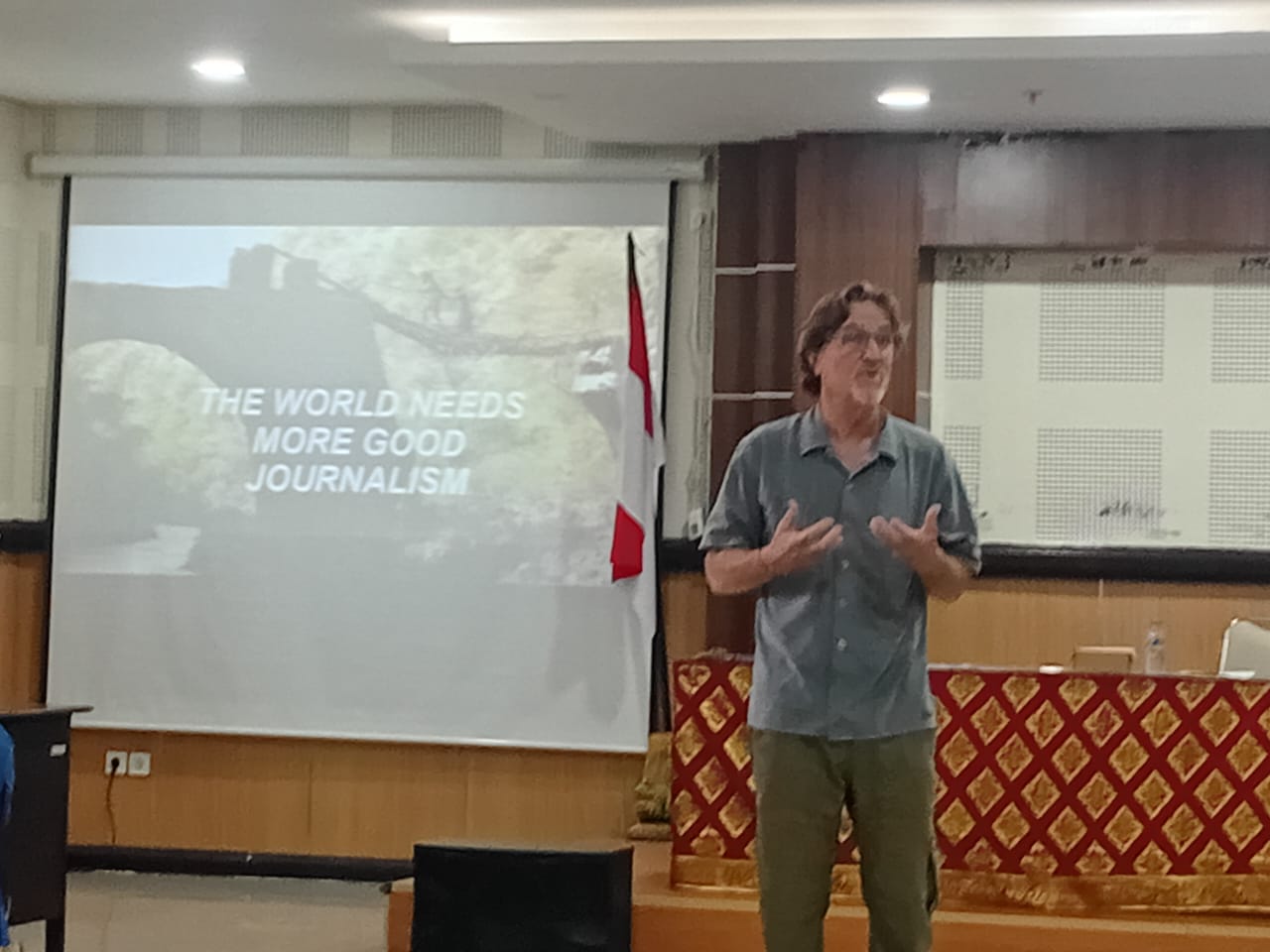
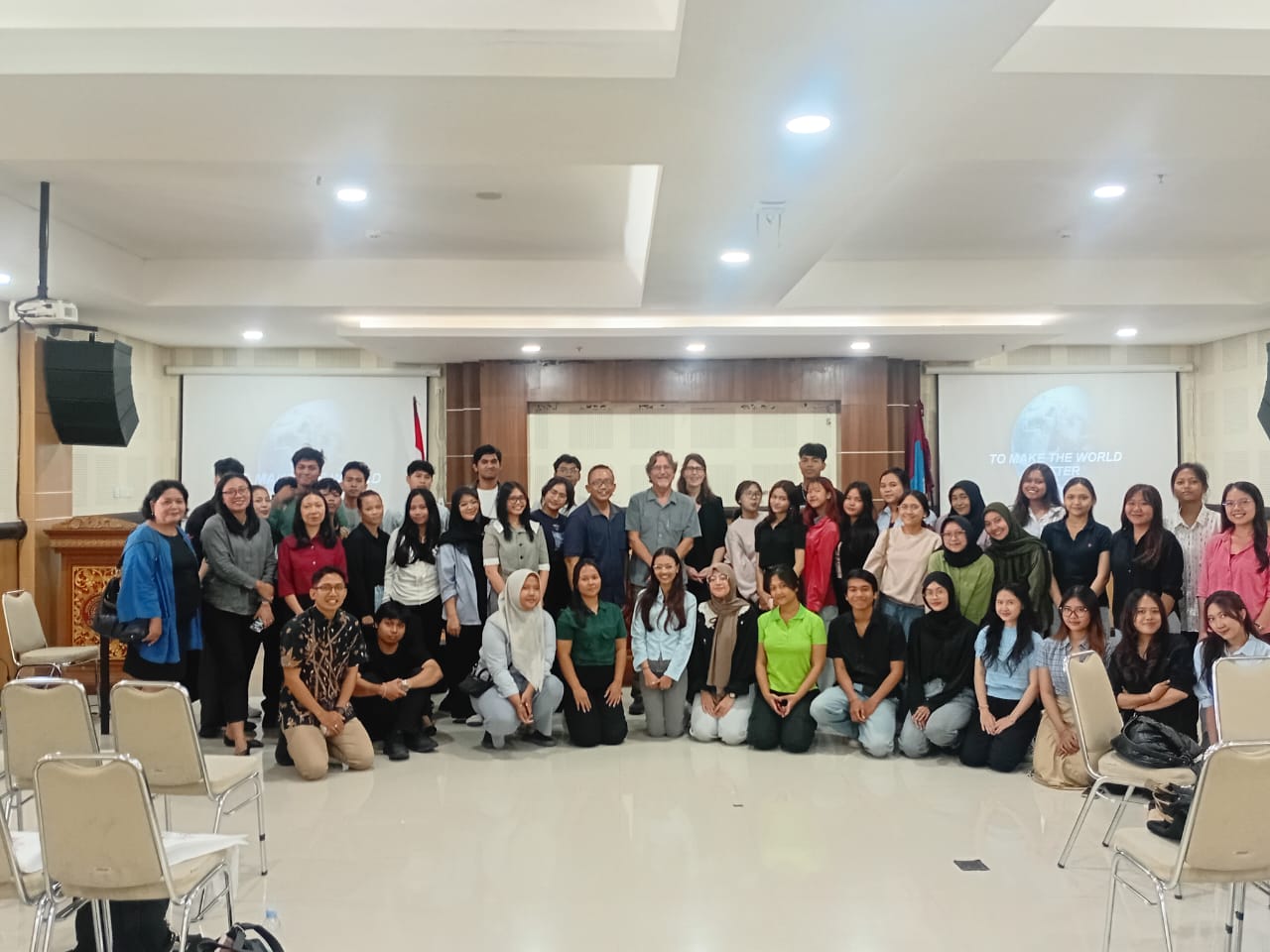
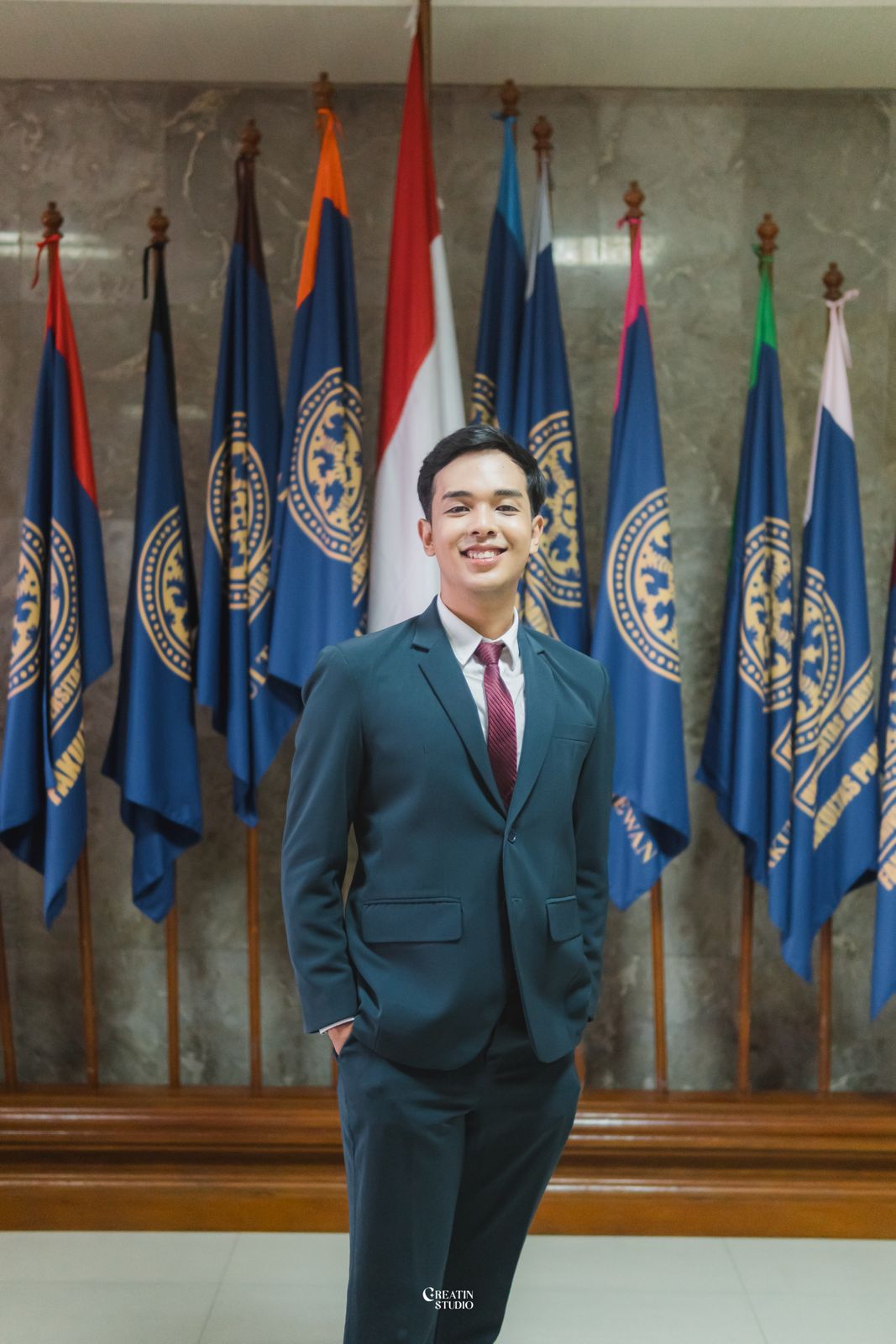
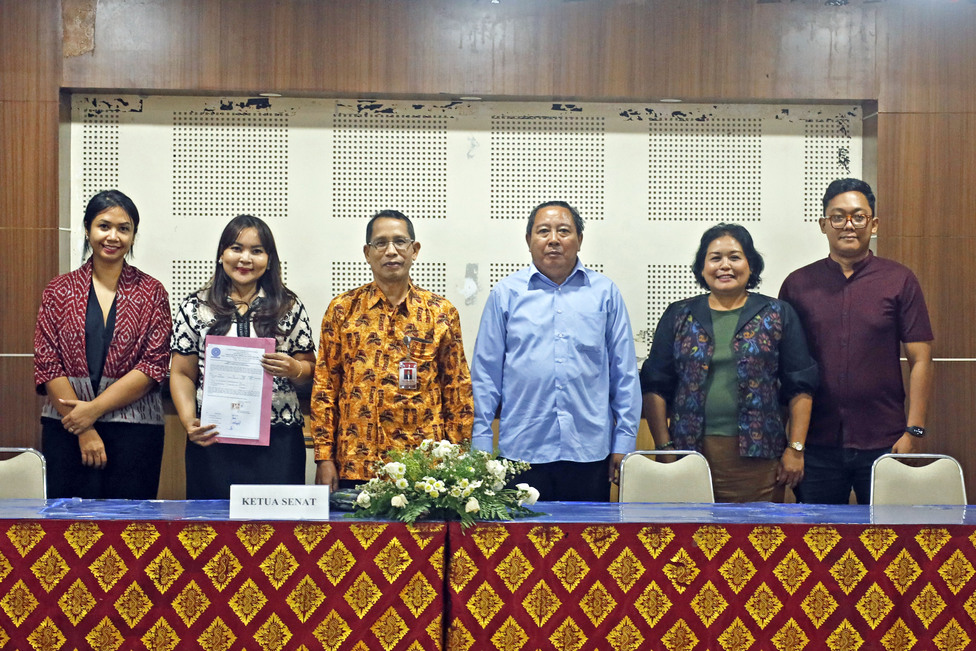
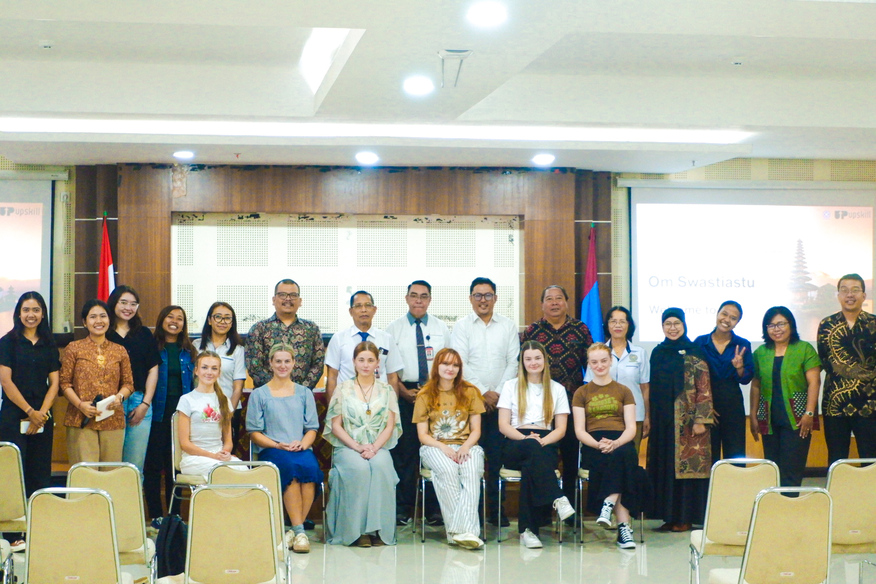
UDAYANA UNIVERSITY